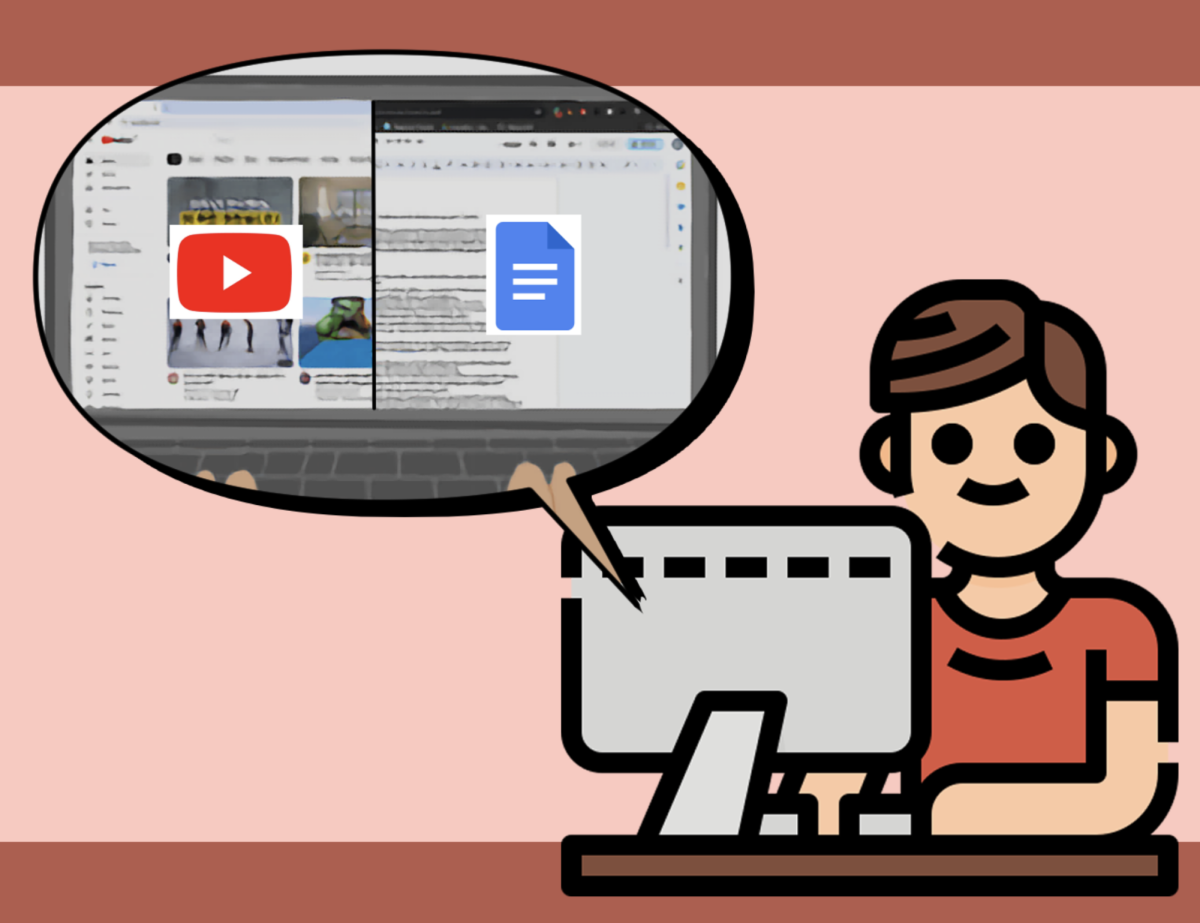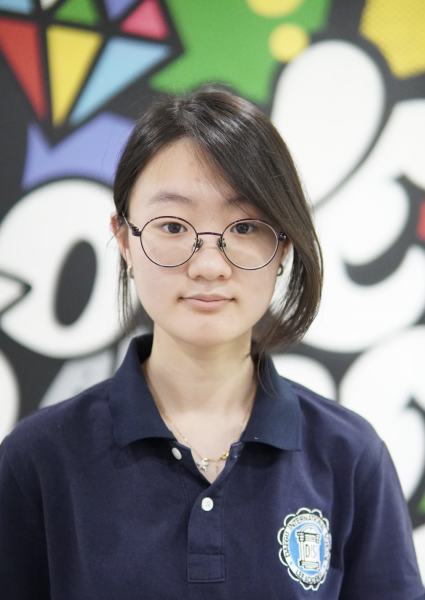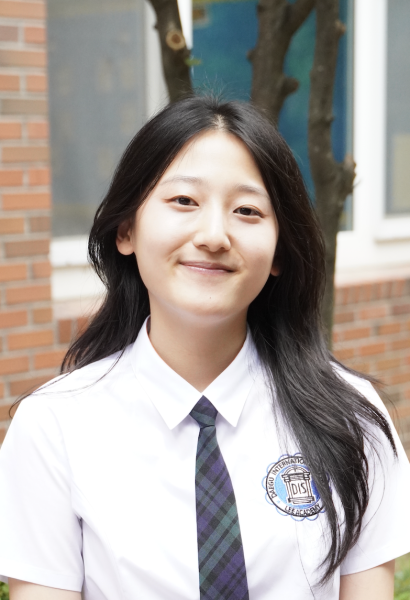A DIS staple since 2010, Learning Lab provides students with time to study and receive help from teachers. The period further allows middle and high schoolers to work on homework assignments, speak to teachers, and complete corrections and retakes.
These sessions offer a multitude of benefits. The emphasis a study hall puts on self-driven education allows students to develop important life skills such as responsibility, time management, and organization. In Learning Lab, teachers leave pupils to their own discretion to work diligently and get things done.
Additionally, an extra period for classwork relieves academic stress and pressure. At times, the relaxed and self-paced atmosphere allows students to take a much-needed break from overwhelming academics. If they get a portion of their homework done at school, that translates to less workload at home after a busy day of extracurricular activities.
Study hall policies tend to differ teacher by teacher. While some may allow snacks, music, and occasional free time, others may not. Some even keep “sign out” sheets to record students’ whereabouts. On the other hand, common grounds do exist. All teachers check for a list of missing work and occasionally step in to help pupils who struggle with academia.
With all its benefits, the autonomy of the class leads to several practical issues. Some do not effectively finish tasks and get distracted. They might watch Netflix or YouTube, play video games, banter with peers, or even catch a quick nap. “There are obvious signs — like a student has their head down. Or, you could sometimes tell [that] students are off track if they’re talking a lot, and it’s clearly not related to the content,” said Ms. Loutsch, high school English teacher.
Various individuals prefer different work environments. Some desire a quiet and focused atmosphere, whereas others prefer an interactive one. The variety of tastes leads to conflicts within the classroom.
Many believe that the problem lies within the relaxed and self-driven environment. However, solutions point toward personalized class environments. Since the root of the discrepancy lies in the differences in the atmosphere students prefer, organized groups of similar tendencies will allow everyone to use this period to its fullest.
Although scheduling conflicts and classroom capacities may limit the efficacy of this suggestion, teachers must try their best to work out optimal conditions to enhance focus and cooperation. For example, they can send surveys to collect data on each student’s opinions for a potential resolution.
Size comes across as another way to improve study hall. Larger classes pose a management problem for teachers. “My Learning Lab only has three kids and a teacher, so it’s really quiet. In my ninth grade Learning Lab, we had 12th graders, 11th graders, 10th graders, and ninth graders. [My current Learning Lab] is better because it [provides] a more personalized experience, and I can get more help from the teacher,” said Brian Cho in 10th grade.
While Learning Labs already provide a multitude of benefits, members of the DIS community see room for significant improvement. Smaller and more tailored classes will allow both students and teachers to become more productive and allow high schoolers to reach their full potential. But for the time being, take the opportunity to catch up on your homework.
























































Daniel. kim • Nov 19, 2023 at 1:17 am
I love learning lab!!!
josh • Nov 18, 2023 at 9:50 pm
nice topic! keep up the good work!
edward • Nov 16, 2023 at 6:29 pm
amazing article you are so smart man good job oh my god
Solah • Nov 3, 2023 at 7:49 am
Great article! My new school doesn’t have learning lab period and it’s really stressful to keep moving without break 🙁
Nice job!!